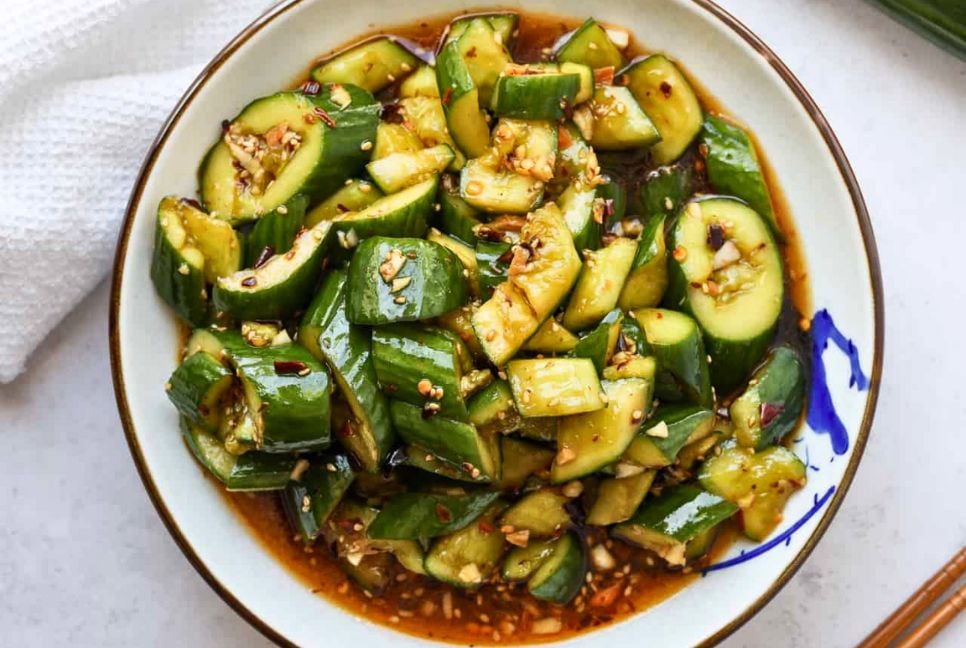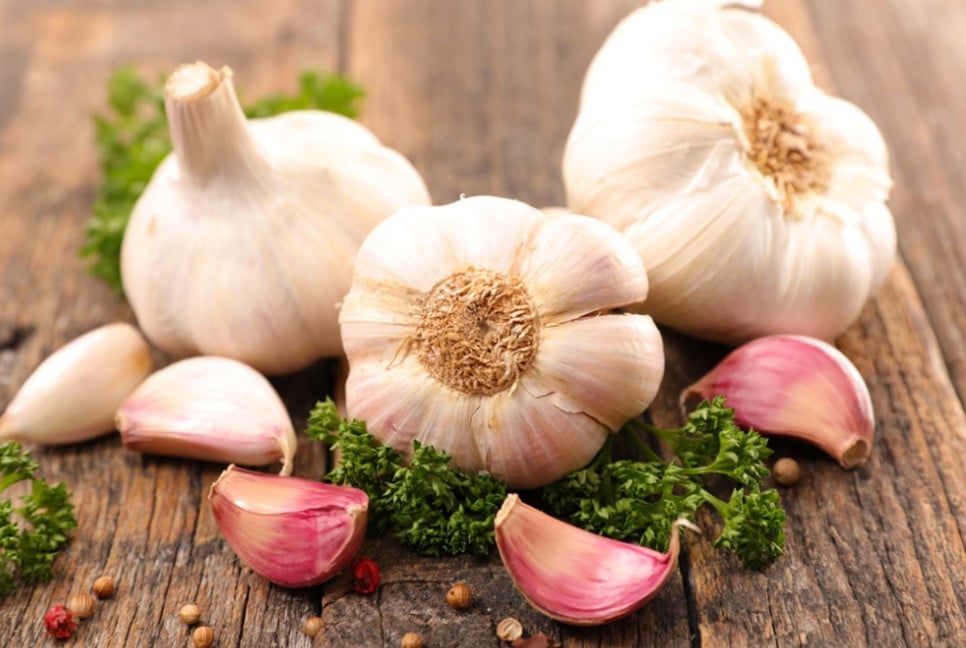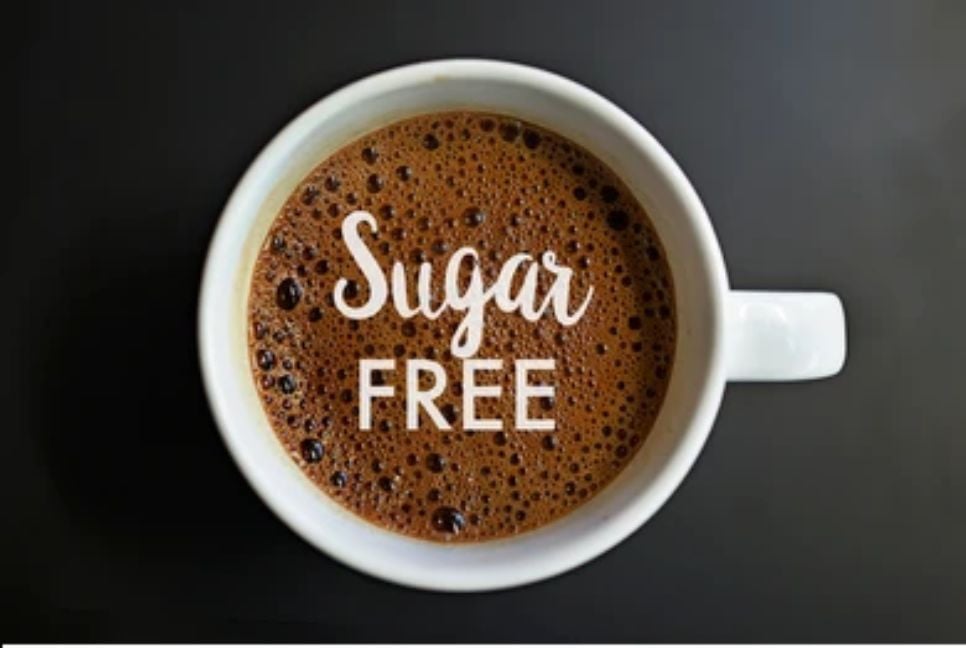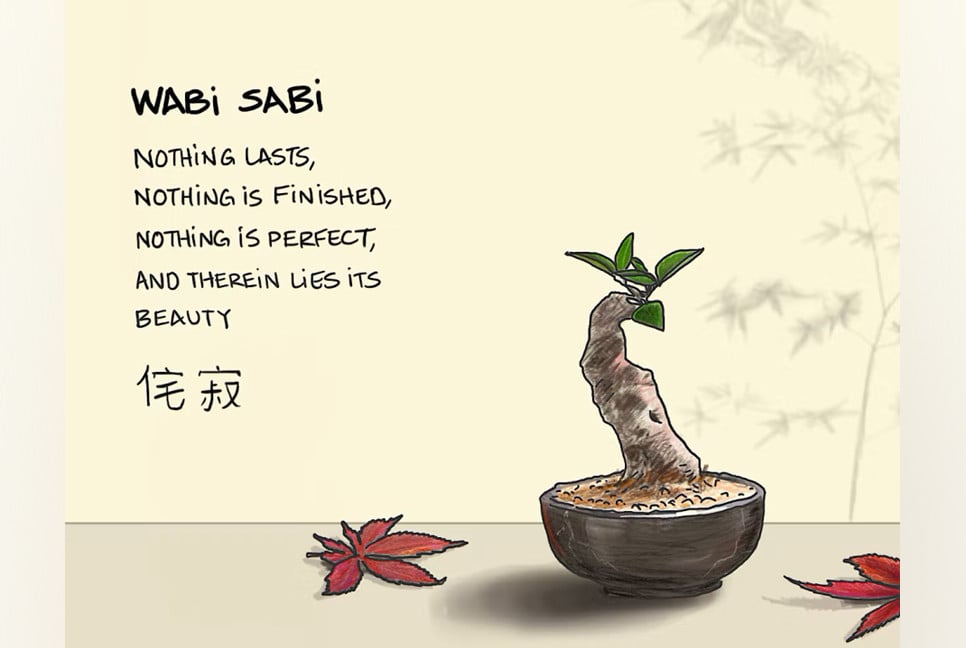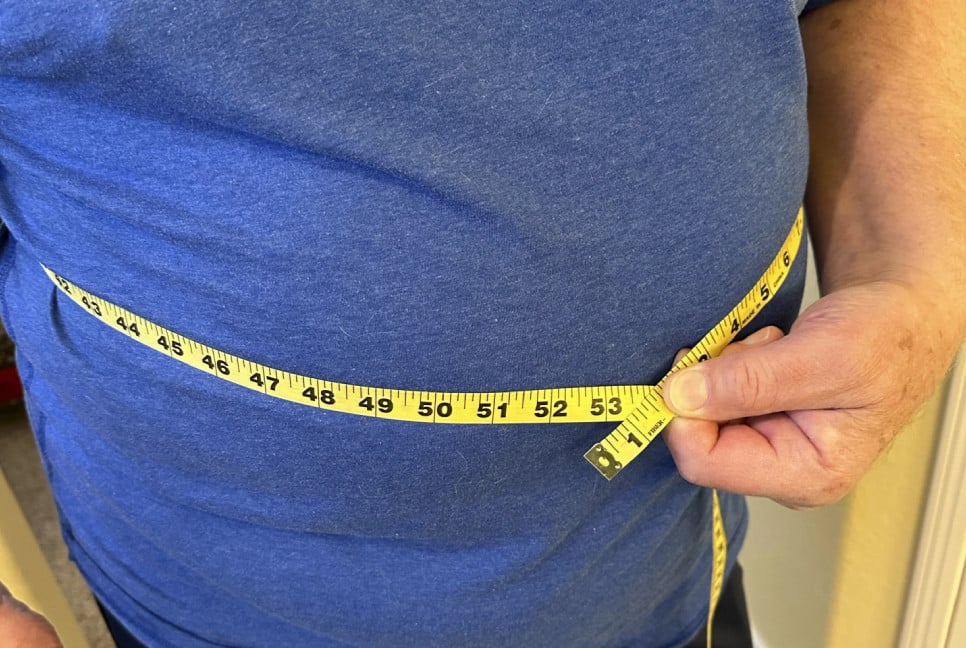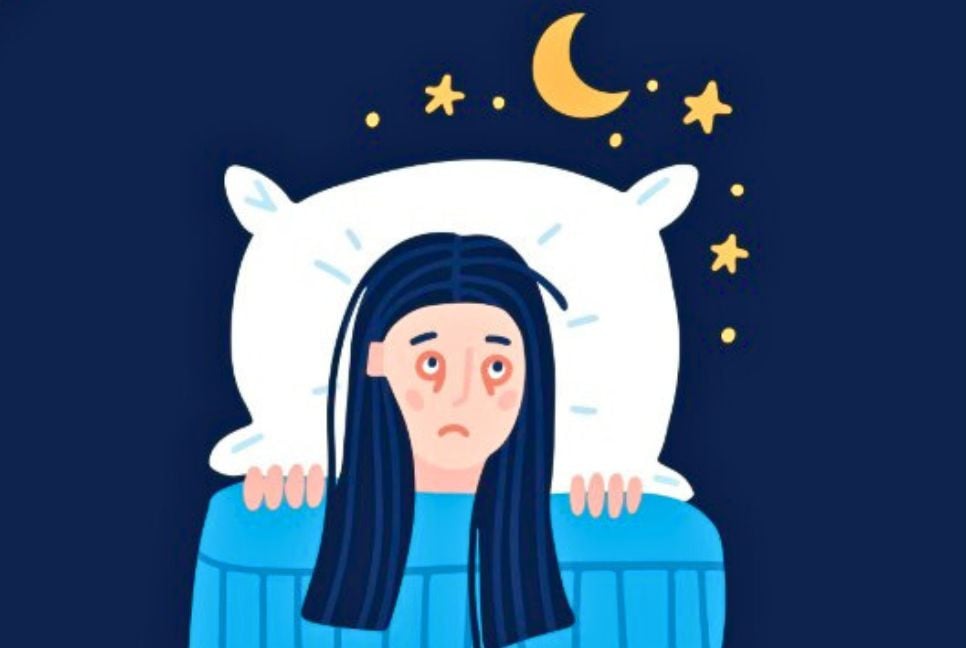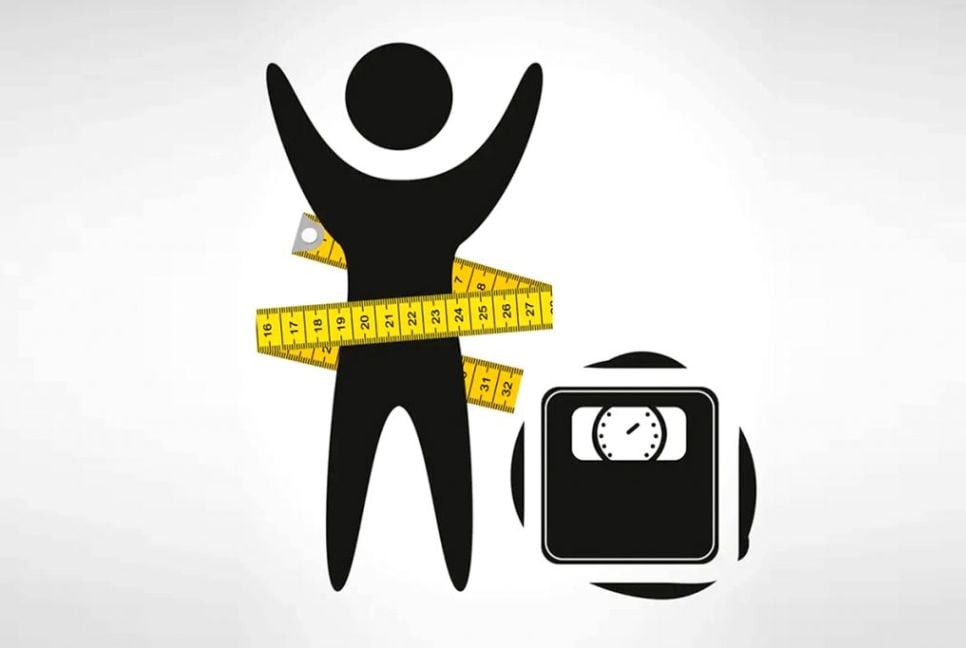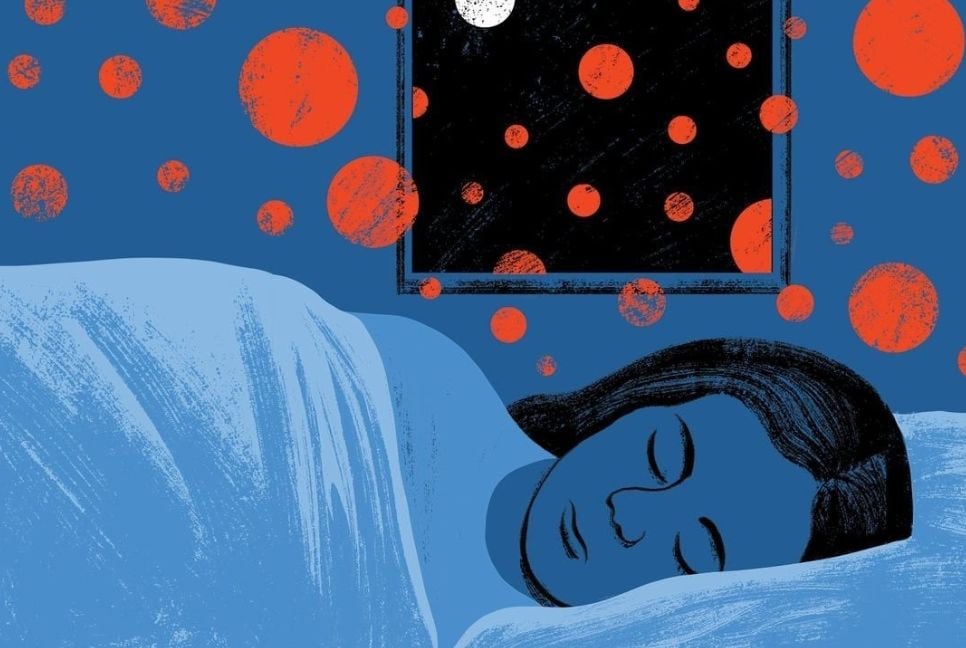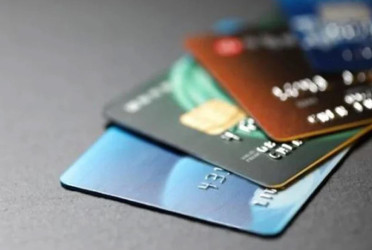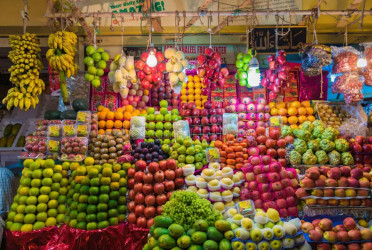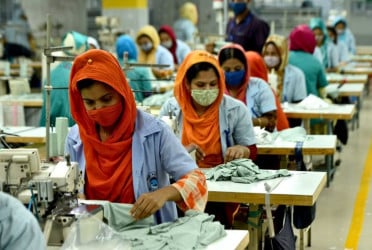During challenging times, we often turn to comfort food for reassurance. After heartbreak, we crave something sweet, and at other times, cravings seem to appear out of nowhere.
Cravings aren't exclusive to women's PMS phase; men experience them too. Some even talk about sharing pregnancy cravings with their partners!
But what happens when you indulge in these cravings? Could your food cravings actually affect your mental health?
"Food cravings are closely linked to the brain's reward system, particularly involving dopamine, a neurotransmitter associated with pleasure and reward," Dr Shambhavi Jaiman, consultant psychiatrist at Fortis Memorial Research Institute, Gurugram, tells India Today.
Dr Jaiman details that when we consume foods high in sugar, salt, or fat, they stimulate dopamine release, creating a pleasurable sensation and reinforcing the desire for that food. Over time, this can make cravings stronger, as the brain becomes wired to seek out certain foods for the reward they provide. Stress, emotional states, hormonal fluctuations, and even nutritional deficiencies can further trigger these cravings.
Additionally, Dr Sarthak Dave, an Ahmedabad-based psychiatrist, narrates that food cravings driven by the brain's dopamine mechanism can be gustatory (taste-related), visual (triggered by food imagery), or olfactory (stimulated by smell).
- Gustatory cravings are rooted in the memory of past taste experiences.
- Visual cravings are influenced by appealing food presentations, especially prevalent on social media.
- Olfactory cravings are sparked by the aroma of food, which can evoke strong memories and desires, often making us crave a specific dish even without seeing it.
Meanwhile, Dr Bhavna Garg, senior consultant - dietitian and nutritionist, Yashoda Super Speciality Hospital, NCR, mentions that food cravings are extremely common, with more than 90 per cent of people experiencing them.
"Every person experiences cravings differently, but they are typically transient and often for processed foods that are high in sugar, salt, and unhealthy fats. Research suggests that males are more likely to crave savoury foods, whereas females are more likely to crave high-fat, sweet foods," she adds.
Source: India Today
Bd-pratidin English/ Afia


